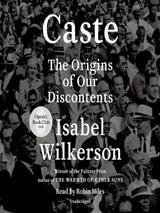New rules to comply with the NAR Settlement are now effective. Visit lirealtor.com/NewForms to access new forms, FAQ and webinar replay.
Fair Housing Books
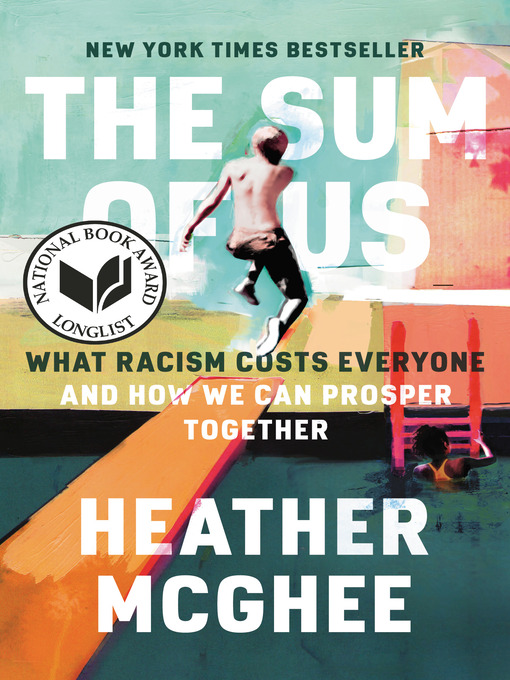
The Sum of Us - What Racism Costs Everyone and How We Can Prosper Together
One of today’s most insightful and influential thinkers offers a powerful exploration of inequality and the lesson that generations of Americans have failed to learn: Racism has a cost for everyone—not just for people of color.
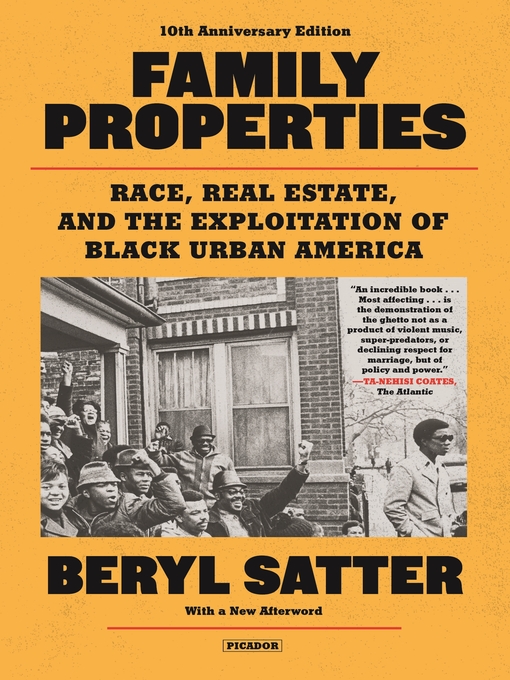
Family Properties - Race, Real Estate, and the Exploitation of Black Urban America
Part family story and part urban history, a landmark investigation of segregation and urban decay in Chicago — and cities across the nation.
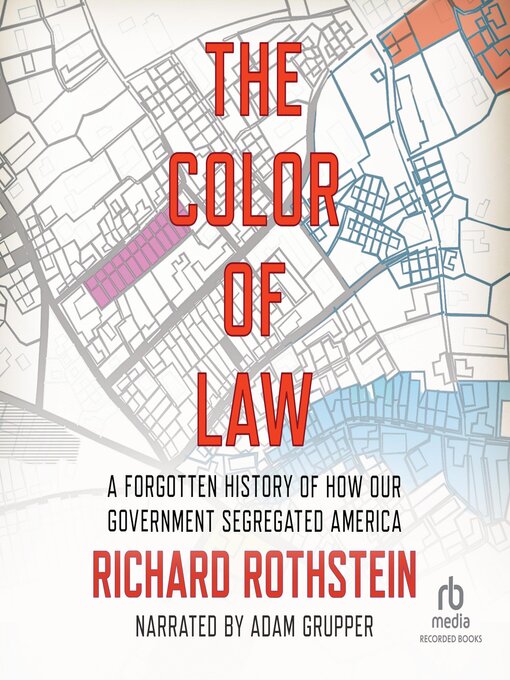
The Color of Law: A Forgotten History of How Our Government Segregated America
Exploding the myth of de facto segregation arising from private prejudice or the unintended consequences of economic forces, Rothstein describes how the American government systematically imposed residential segregation.
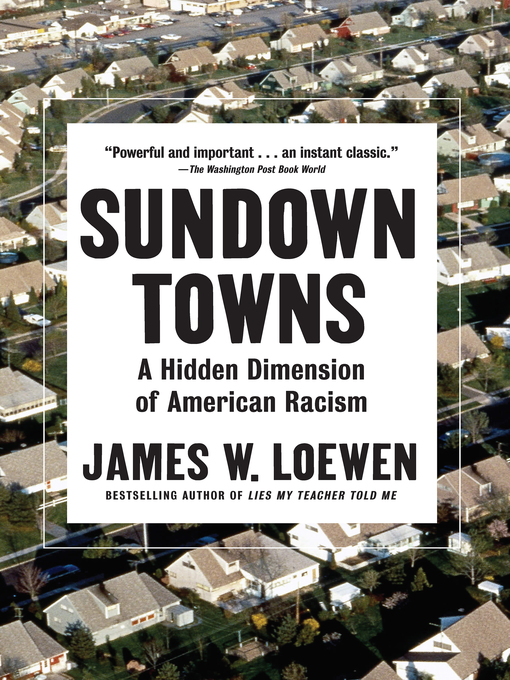
Sundown Towns - A Hidden Dimension of American Racism
In a provocative, sweeping analysis of American residential patterns, Loewen uncovers the thousands of “sundown towns”—almost exclusively white towns where it was an unspoken rule that blacks could not live there.
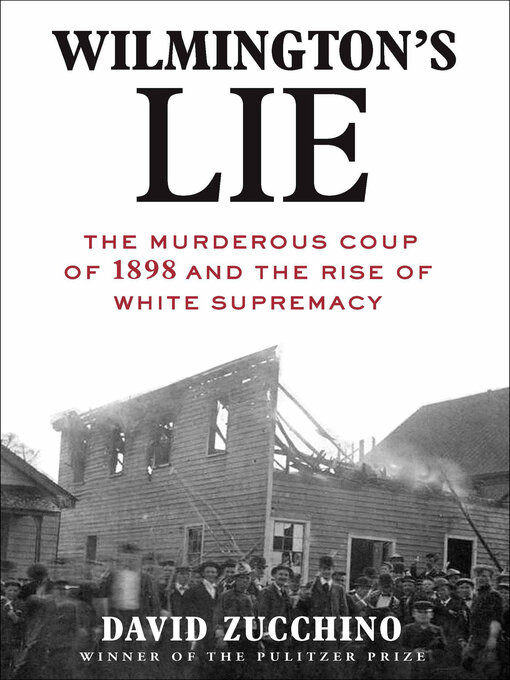
Wilmington's Lie The Murderous Coup of 1898 and the Rise of White Supremacy
From Pulitzer Prize-winner David Zucchino comes a searing account of the Wilmington riot and coup of 1898, an extraordinary event unknown to most Americans. There were successful black-owned businesses and an African American newspaper, The Record.
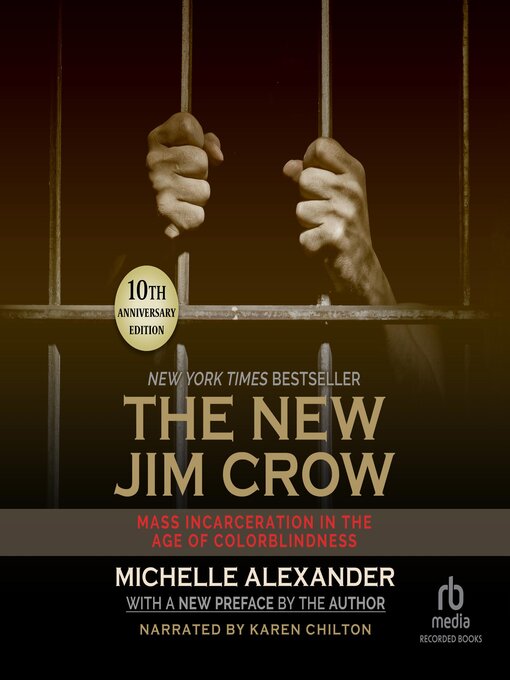
The New Jim Crow
Seldom does a book have the impact of Michelle Alexanders The New Jim Crow. Since it was first published in 2010, it has been cited in judicial decisions and has been adopted in campus-wide and community-wide reads;
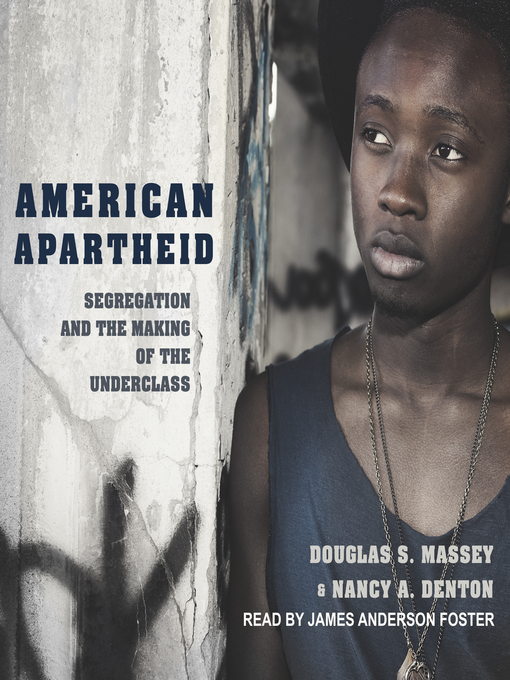
American Apartheid
American Apartheid shows how the black ghetto was created by whites during the first half of the twentieth century in order to isolate growing urban black populations.
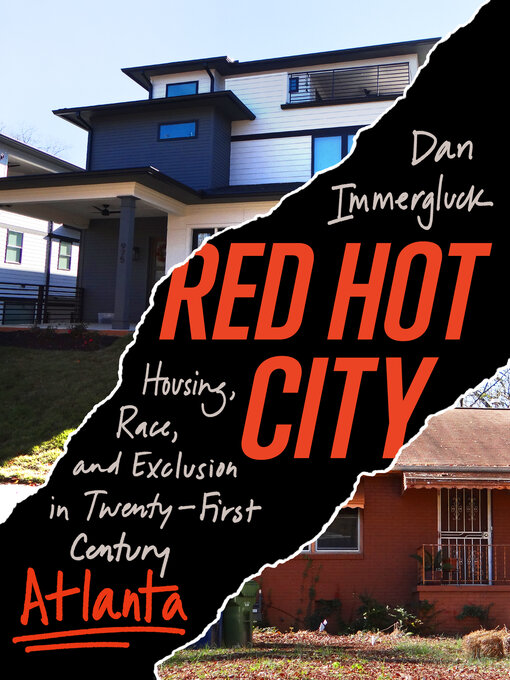
Red Hot City
Atlanta, the capital of the American South, is at the red-hot core of expansion, inequality, and political relevance.
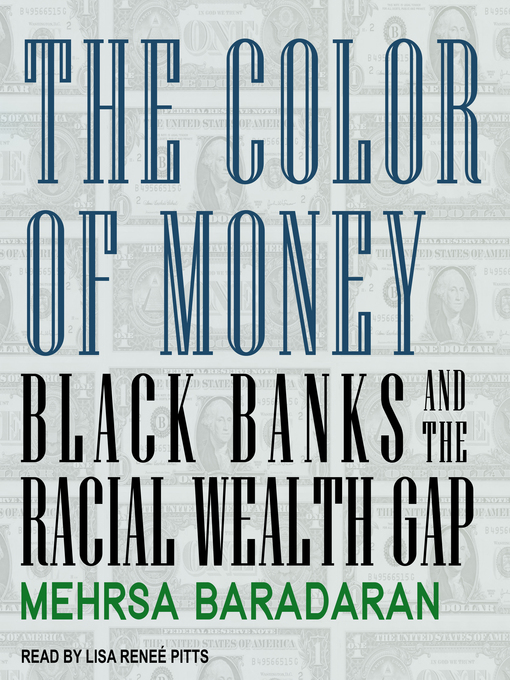
The Color of Money
When the Emancipation Proclamation was signed in 1863, the black community owned less than one percent of the United States' total wealth. More than 150 years later, that number has barely budged.
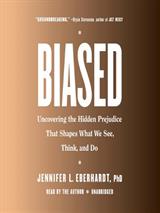
Biased
How do we talk about bias? How do we address racial disparities and inequities? What role do our institutions play in creating, maintaining, and magnifying those inequities? What role do we play?
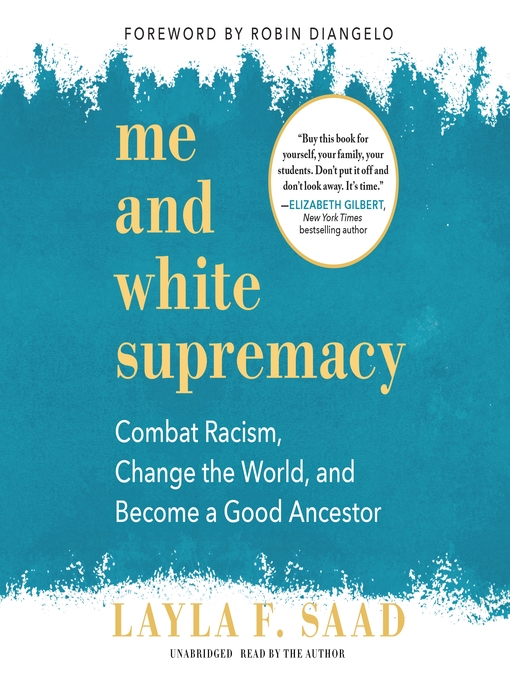
Me and White Supremacy
When Layla Saad began an Instagram challenge called #meandwhitesupremacy, she never predicted it would spread as widely as it did. She encouraged people to own up and share their racist behaviors, big and small.
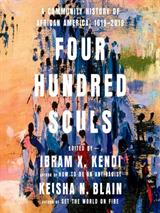
Four Hundred Souls
The story begins in 1619—a year before the Mayflower—when the White Lion disgorges “some 20-and-odd Negroes” onto the shores of Virginia, inaugurating the African presence in what would become the United States.
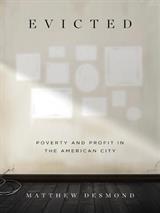
Evicted
Its unforgettable scenes of hope and loss remind us of the centrality of home, without which nothing else is possible.
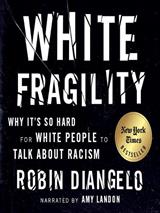
White Fragility
In this “vital, necessary, and beautiful book” (Michael Eric Dyson), antiracist educator Robin DiAngelo deftly illuminates the phenomenon of white fragility and “allows us to understand racism as a practice not restricted to ‘bad people’ (Claudia Rankine)
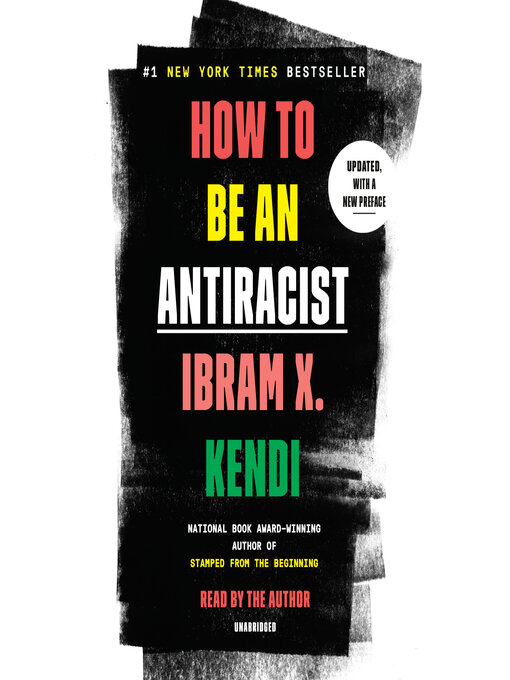
How to Be an Antiracist
Antiracism is a transformative concept that reorients and reenergizes the conversation about racism—and, even more fundamentally, points us toward liberating new ways of thinking about ourselves and each other.
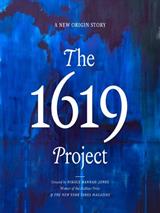
The 1619 Project
In late August 1619, a ship arrived in the British colony of Virginia bearing a cargo of twenty to thirty enslaved people from Africa.
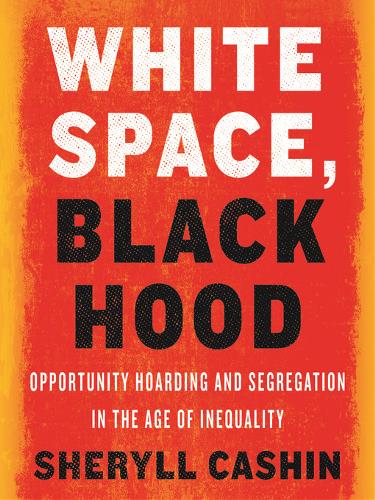
White Space, Black Hood
The iconic Black hood, like slavery and Jim Crow, is a peculiar American institution animated by the ideology of white supremacy.
.png?sfvrsn=3ea40229_1)
So You Want to Talk About Race
In So You Want to Talk About Race, Editor-at-Large of the Establishment Ijeoma Oluo offers a contemporary, accessible take on the racial landscape in America, addressing head-on such issues as privilege
.png?sfvrsn=b1118280_1)
Talking to Strangers
Malcolm Gladwell, host of the podcast Revisionist History and author of the #1 New York Times bestseller Outliers, reinvents the audiobook in this immersive production of TALKING TO STRANGERS

